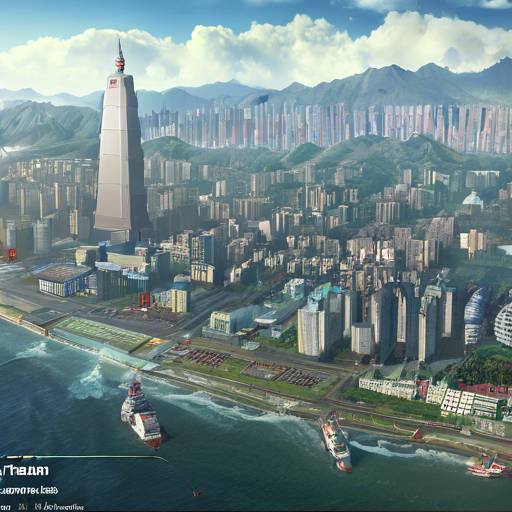Exploring the Potential of Taiwan-China Conflict in 2024
The recent presidential election in Taiwan has raised concerns about the future relationship between Taiwan and China. With the victory of Vice President William Lie, there are fears of increasing tensions between the two regions. This article will delve into the complexities of Taiwan’s status quo, the historical background of the conflict, and the geopolitical implications of the election outcome.
The Historical Context: Taiwan’s Complex Relationship with China
- Taiwan’s history is marked by its delicate balance between China and the United States.
- The island emerged from a military dictatorship to become a successful liberal democracy.
- Taiwan is a de facto sovereign nation but is not recognized as such by China.
- The People’s Republic of China views Taiwan as a renegade province.
The Shift in Taiwanese Identity
Over the years, Taiwanese identity has evolved, with a significant decline in Chinese identity. This shift can be attributed to several factors, including PRC’s actions in Hong Kong and Taiwan’s embrace of democracy.
- In 1992, 46% of respondents identified as both Chinese and Taiwanese.
- By the 2020s, only 2.5% considered themselves Chinese.
- A Pew poll found that 67% of respondents now identify as Taiwanese.
The Role of the Democratic Progressive Party (DPP)
The DPP’s leadership under President Tsai Ing-wen has marked a departure from closer ties with Beijing. Tsai’s pro-democracy stance and defense of Taiwan’s sovereignty have strained relations with China.
- Under Tsai’s leadership, Taiwan has sought closer relationships with US allies like Japan and Southeast Asian countries.
- The DPP’s policies reflect a commitment to defending Taiwan’s territory and promoting its democratic values.
China’s Response to the Election Outcome
Following Lie’s victory in the election, Beijing’s response has been relatively restrained. President Xi Jinping emphasized the importance of winning the hearts and minds of the Taiwanese people and opposing separatist activities.
US-China Relations and Taiwan’s Status
US President Joe Biden’s stance on Taiwan has been ambiguous, with no explicit support for independence. The US maintains a policy of strategic ambiguity regarding its military commitment to Taiwan.
- Biden’s statements on Taiwan have been inconsistent, reflecting a delicate balance in US-China relations.
- China’s efforts to isolate Taiwan include diplomatic maneuvers and infrastructure sabotage.
Implications for the Future
As tensions between Taiwan and China persist, the geopolitical landscape in East Asia remains uncertain. The outcome of the 2024 election and the reactions from key players like the US and China will shape the region’s future.
Hot Take: The Road Ahead for Taiwan-China Relations
As Taiwan navigates the complexities of its relationship with China, the next few years will be critical in determining the region’s stability. The dynamics between Taiwan, China, and the US will continue to evolve, with implications for peace and security in the region. Stay tuned for updates on this developing situation.
Source: Youtube





 By
By
 By
By
 By
By
 By
By

 By
By